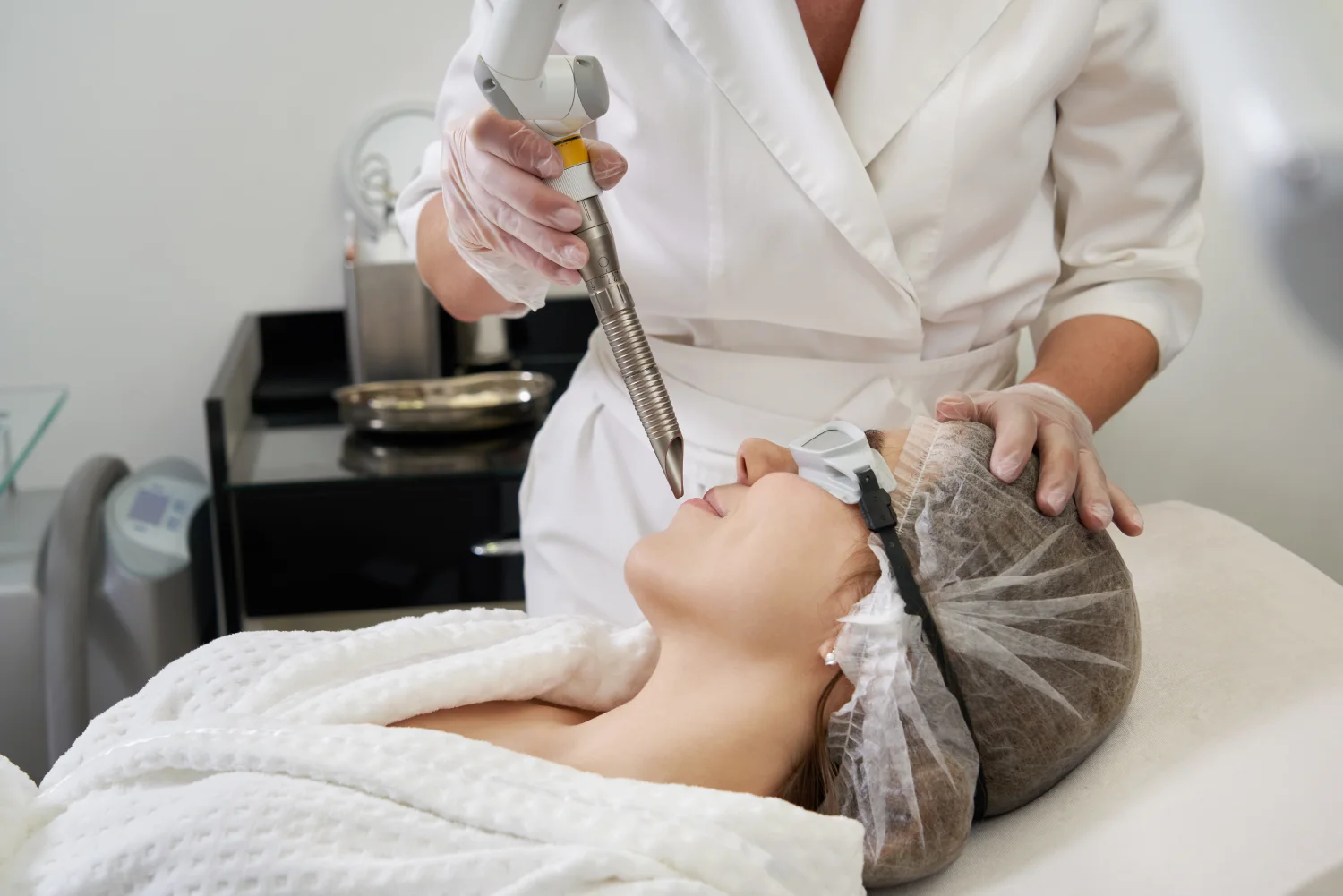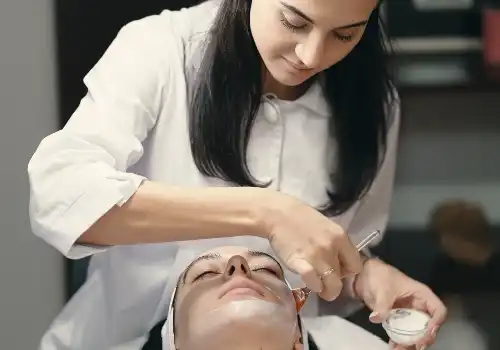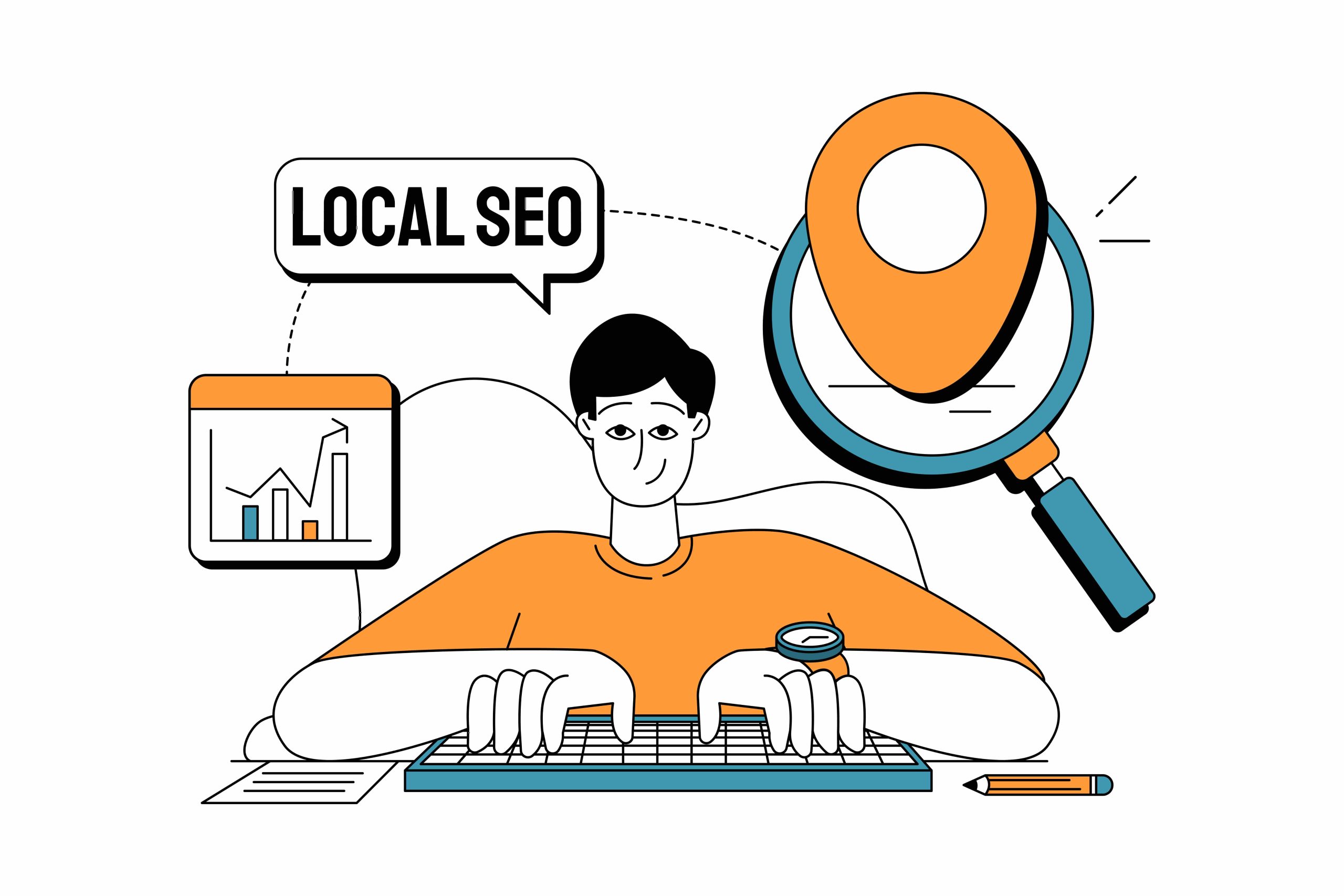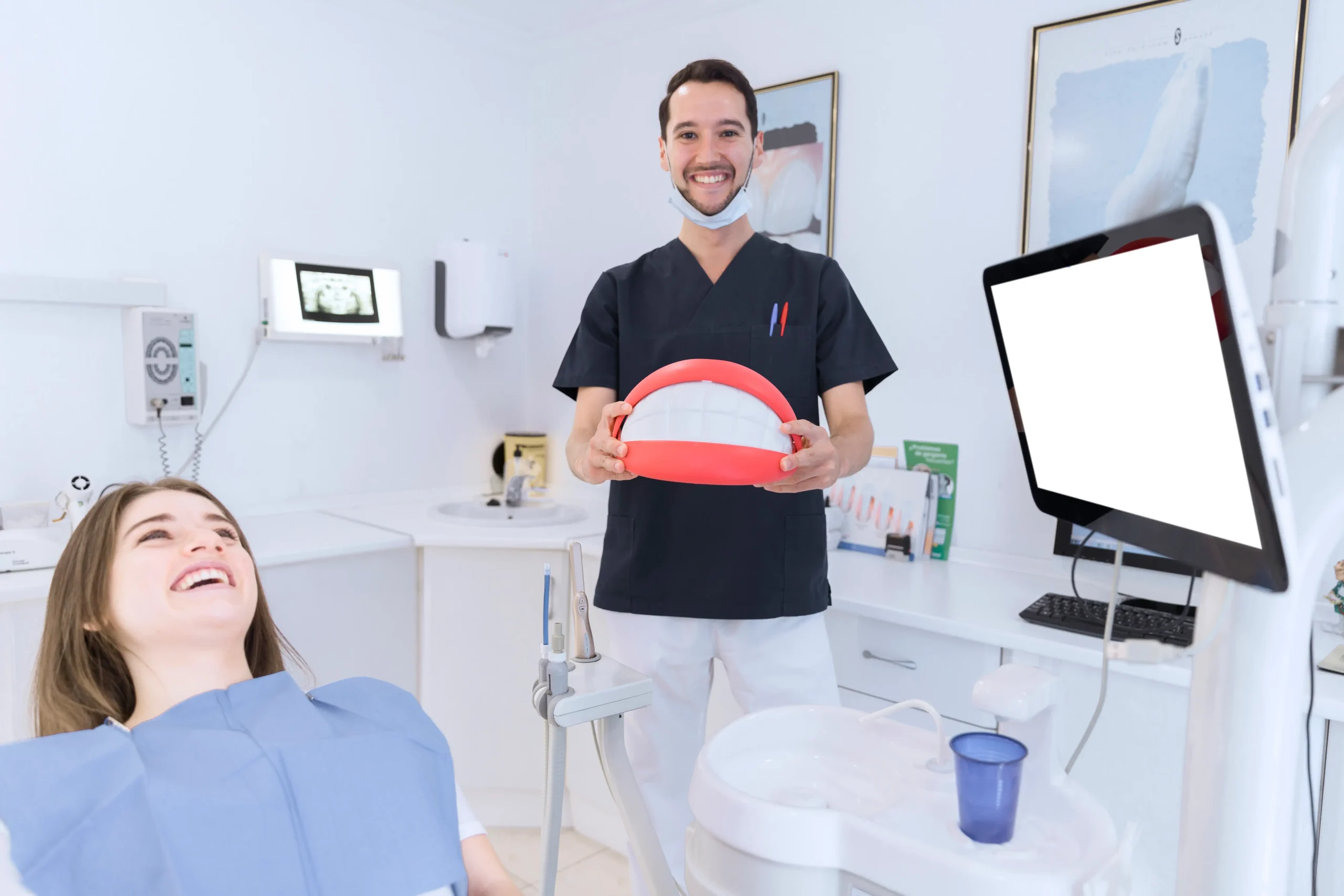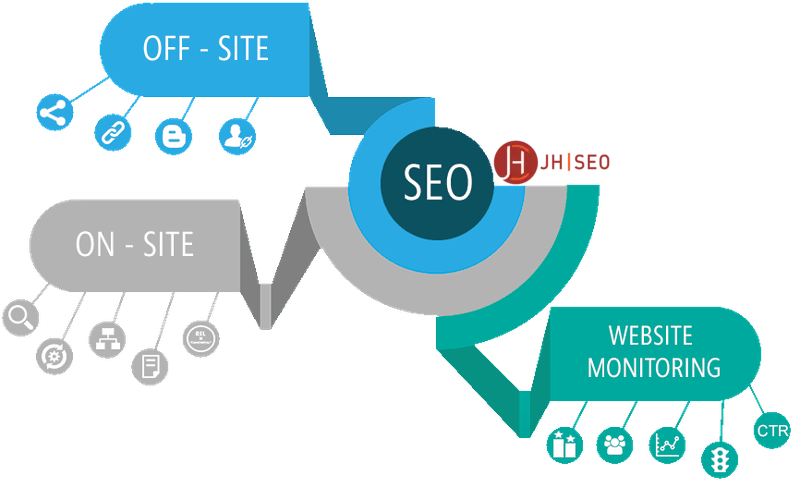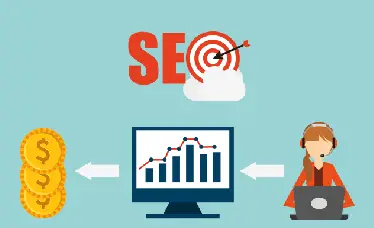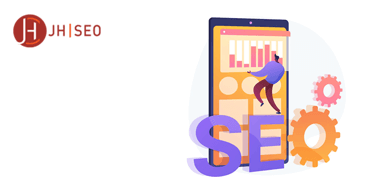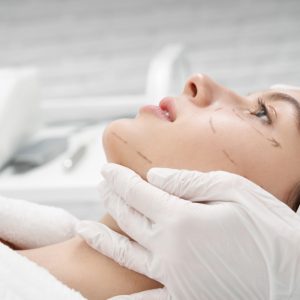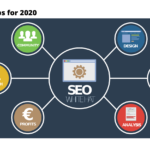In the competitive med spa industry, having a strong online presence is essential for attracting new clients. Med spa SEO plays a crucial role in helping your med spa rank higher in search results, making it easier for potential clients to find you. One of the most effective ways to enhance your SEO performance is through consistent, high-quality content creation. By producing relevant blog posts, service pages, and educational materials, you can boost your website’s visibility, drive traffic, and establish your med spa as an authority in the field, ultimately leading to more appointments and long-term growth.
Boost Your SEO Today!
The Role of Content in SEO
Definition of SEO and Its Relevance to Med Spas
SEO, or search engine optimization, refers to the practice of optimizing your website so that it ranks higher on search engines like Google. The higher your site ranks, the more likely potential clients will see and visit your website. This ranking is heavily influenced by search engine algorithms, which determine how websites are displayed based on relevance and quality. For medical spas, this is crucial because most clients start their search for services like facials, laser treatments, or injectables online. If your website doesn’t show up in their search results, you’re missing out on valuable business.
SEO goes beyond just getting your website noticed—it also helps establish your med spa as a trusted and credible business. The more relevant and helpful your content is to users, the more likely search engines will promote your site to those searching for related services.
Importance of Relevant and Quality Content in SEO Strategies
While there are many technical aspects of SEO, content creation remains one of the most significant factors. Search engines like Google prioritize websites that offer valuable, informative, and up-to-date content. For a med spa SEO, this means regularly publishing content that speaks to the needs, concerns, and interests of potential clients. Whether it’s a blog post explaining the benefits of a chemical peel or a detailed service page about Botox treatments, content should answer questions, educate, and build trust with your audience.
Quality content also encourages users to stay on your website longer, explore more pages, and potentially convert into clients. This increased engagement signals to search engines that your website is providing value, which can help improve your rankings.
Types of Content That Boost SEO
Blog Posts
One of the easiest ways to keep your med spa SEO website fresh and relevant is by regularly publishing blog posts. Topics like skincare tips, post-treatment care, and the latest industry trends can engage your audience while improving your SEO. Blogs allow you to use targeted keywords naturally, helping your site rank for specific search queries.
Service Pages
Detailed service pages provide essential information about the treatments you offer. Each page should highlight the benefits of the service, what clients can expect, and why they should choose your med spa. These pages not only help with SEO but also educate potential clients, making them more likely to book an appointment.
FAQs and Guides
Content that answers common client questions, such as “What is the recovery time for laser hair removal?” or “How often should I get facials?” can attract visitors to your site. FAQs and in-depth guides help you target long-tail keywords, which can improve your chances of ranking for specific queries.
Start Your Med Spa’s Content Journey Today!
Keywords and SEO Optimization
Understanding Keyword Research and Its Role in Content Creation
Keywords are the foundation of any SEO strategy. These are the words and phrases that people type into search engines when looking for med spa services. Before creating content, it’s essential to research relevant keywords that your potential clients are using. Tools like Google Keyword Planner or SEMrush can help identify high-traffic keywords with low competition.
How to Integrate Keywords Naturally into Med Spa Content
Once you have your keywords, the next step is to incorporate them into your content in a way that feels natural. Avoid keyword stuffing, which is the practice of overloading a page with keywords, as this can hurt your SEO. Instead, place your keywords in strategic locations like the title, headers, meta descriptions, and throughout the body of your text.
Content Creation Best Practices
Writing Compelling and Informative Content
When creating content, focus on delivering value to your audience. Whether it’s a blog post, a service page, or an FAQ section, make sure the content is informative, engaging, and easy to understand. A well-written piece should address your client’s needs, answer their questions, and encourage them to take action, whether that’s booking a consultation or learning more about a specific treatment.
Optimizing Content for Readability and SEO Metrics
In addition to writing compelling content, it’s crucial to optimize it for SEO. Break up your text with headers, bullet points, and short paragraphs to make it easy to read. Include internal links to other relevant pages on your website, as this can improve site navigation and keep visitors engaged. Finally, don’t forget about meta descriptions, alt text for images, and keyword-optimized URLs—these small details can have a big impact on your SEO.
Building Authority and Credibility
Using Content to Showcase Expertise and Trustworthiness
In the med spa industry, clients want to feel confident that they’re choosing a reputable provider. By consistently publishing informative content, you can position your med spa as a trusted authority in the field. Blog posts about the latest skincare treatments, case studies showcasing successful procedures, and expert commentary on industry trends all demonstrate your knowledge and expertise.
Incorporating Patient Testimonials and Case Studies
Content that includes real-life examples, such as patient testimonials and case studies, can build trust with potential clients. Positive reviews and success stories help potential clients feel more confident in choosing your med spa, and they also provide social proof, which can improve your website’s credibility.
Leveraging Content Across Platforms
Utilizing Social Media to Amplify Content Reach
Content creation doesn’t just benefit your website—it can also be shared across social media platforms. By promoting your blog posts, service pages, and other content on Facebook, Instagram, and LinkedIn, you can reach a wider audience, drive more traffic to your website, and increase your chances of ranking higher in search results.
Guest Blogging and Collaborations for Backlink Opportunities
Collaborating with other industry experts or guest blogging on reputable websites can also help boost your SEO. Backlinks from high-quality websites signal to search engines that your site is trustworthy and authoritative, which can improve your rankings.
Monitoring and Adjusting Content Strategy
On-Page SEO vs. Off-Page SEO
Before diving into the tools, it’s important to understand the difference between on-page and off-page SEO. Both are essential components of an effective SEO strategy and influence how well your med spa’s website ranks on search engines.
On-page SEO involves optimizing individual pages on your website to improve their visibility and relevance to search queries. This includes:
- Optimizing content for relevant keywords.
- Using meta tags (titles, descriptions) effectively.
- Structuring content with header tags (H1, H2, H3).
- Ensuring your website has a clear internal linking structure.
- Enhancing readability and user experience (e.g., clear call-to-action buttons, responsive design).
- Image optimization (file size, alt text).
- Mobile-friendliness and page speed.
Off-page SEO, on the other hand, refers to activities that happen outside of your website to boost its authority and search rankings. This includes:
- Building backlinks from reputable websites.
- Increasing social media engagement that directs traffic to your site.
- Managing online reviews and mentions of your med spa.
- Guest blogging and participating in partnerships that lead to content sharing.
Tools for Tracking SEO Performance
1. Google Analytics (On-Page SEO)
Google Analytics provides in-depth insights into your website’s performance, user behavior, and traffic sources. For on-page SEO, it can help you understand:
- Which pages receive the most traffic.
- The bounce rate (how often users leave your site after viewing only one page).
- How long users stay on each page (indicating content engagement).
- The devices people are using to visit your site (important for mobile optimization).
For med spas, you can track how visitors are interacting with specific service pages, blog posts, or booking forms. If certain pages have high bounce rates or short session durations, you may need to optimize the content for better user experience or SEO.
2. Google Search Console (On-Page and Off-Page SEO)
Google Search Console is an essential tool for monitoring how well your site is performing in Google search results. It provides detailed information about the keywords your site ranks for, how often your site appears in searches (impressions), and how often users click through to your site (click-through rate, or CTR).
For on-page SEO, Search Console allows you to:
- Track the search queries that lead visitors to your med spa website.
- Identify crawl errors (issues preventing your site from being indexed properly).
- Monitor the mobile usability of your pages.
For off-page SEO, you can track your backlink profile—the number and quality of websites linking to your content. Backlinks from authoritative sites can greatly improve your site’s domain authority and overall search rankings.
3. SEMrush (On-Page and Off-Page SEO)
SEMrush is a comprehensive SEO tool that offers features for both on-page and off-page optimization.
For on-page SEO, SEMrush helps with:
- Keyword research: Finding relevant keywords to target in your content.
- Content optimization: Analyzing your existing pages and providing recommendations to improve keyword usage, meta descriptions, and readability.
- SEO audits: Identifying technical issues like slow page load times, broken links, or missing meta tags that could harm your SEO.
For off-page SEO, SEMrush is excellent for tracking:
- Backlinks: Understanding which external websites are linking to your pages, their domain authority, and the value of those backlinks.
- Competitor analysis: Checking which sites are linking to your competitors and identifying guest blogging or partnership opportunities to build your backlink profile.
4. Ahrefs (Off-Page SEO Focus)
Ahrefs specializes in off-page SEO, particularly in backlink analysis. It provides a comprehensive view of your backlink profile, showing which sites are linking to your med spa’s website, and evaluates the authority and quality of those links. Since backlinks play a major role in off-page SEO, Ahrefs is valuable for improving your overall search visibility.
- Backlink monitoring: Ahrefs shows you which backlinks you’ve gained or lost, allowing you to build a stronger off-page strategy by gaining links from reputable sites.
- Competitor backlinks: You can also analyze the backlinks of your competitors and identify opportunities to reach out for link-building or guest blogging.
While it’s more focused on off-page, Ahrefs can also help with on-page SEO by offering tools for keyword tracking and identifying which content on your website is performing best in terms of organic traffic.
5. Yoast SEO (for WordPress) (On-Page SEO)
Yoast SEO is a WordPress plugin designed to optimize on-page SEO elements. For med spas with WordPress websites, it offers real-time analysis of your posts and pages to ensure they’re SEO-friendly.
- Keyword usage: Yoast helps you choose focus keywords for each page and checks that those keywords appear naturally throughout your content.
- Meta tags: The plugin prompts you to write SEO-optimized meta descriptions and titles.
- Readability: Yoast ensures that your content is easy to read, improving user experience (which also benefits SEO).
6. Moz (On-Page and Off-Page SEO)
Moz offers a range of SEO tools, making it useful for both on-page and off-page optimization. For on-page SEO, Moz can help you track keywords, optimize meta descriptions, and conduct SEO audits. For off-page SEO, it provides valuable insights into your backlink profile and domain authority.
- Key features include:
- Rank tracking: See how your website and individual pages rank for specific keywords over time.
- Site crawl: Identify technical issues like duplicate content or missing alt tags that could hurt your on-page SEO.
- Link building: Monitor the quality and quantity of backlinks and find opportunities to gain new links from authoritative sites.
Refining Content Strategies Based on Analytics and Trends
Based on your analytics data, you may need to adjust your content strategy to focus on what’s working best. Whether that’s targeting new keywords, updating old content, or creating more in-depth guides, continuously refining your approach will ensure long-term SEO success.
Incorporating a robust content creation strategy into your medical spa SEO plan is one of the most effective ways to grow your med spa’s online presence. By producing valuable, relevant content, optimizing for keywords, and engaging with your audience, you’ll not only improve your search engine rankings but also build trust and credibility with potential clients. A well-executed content strategy can lead to more website traffic, more bookings, and long-term business growth.
































